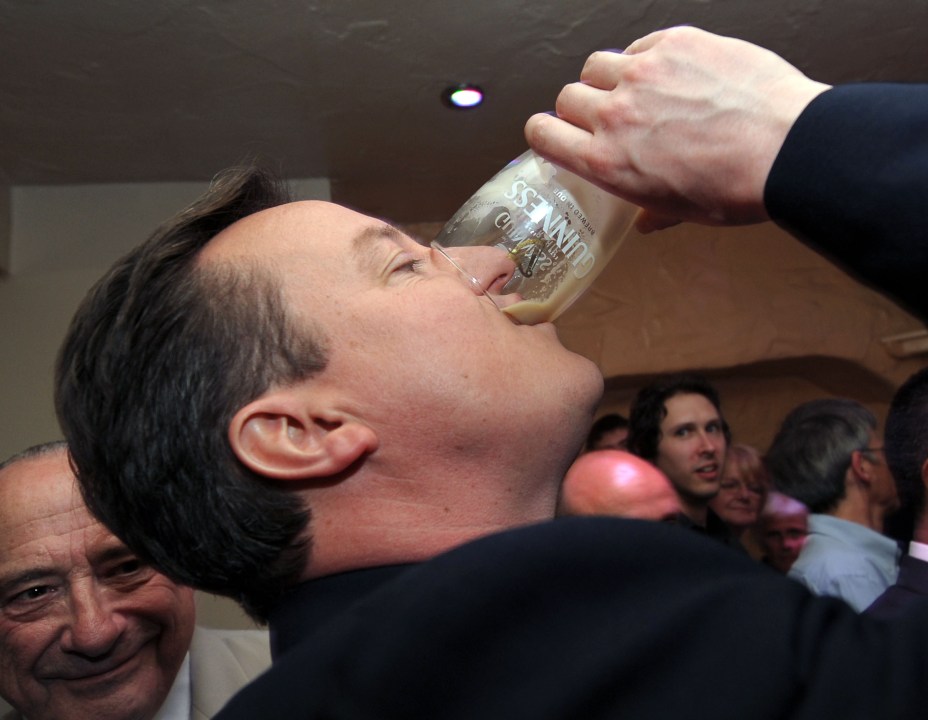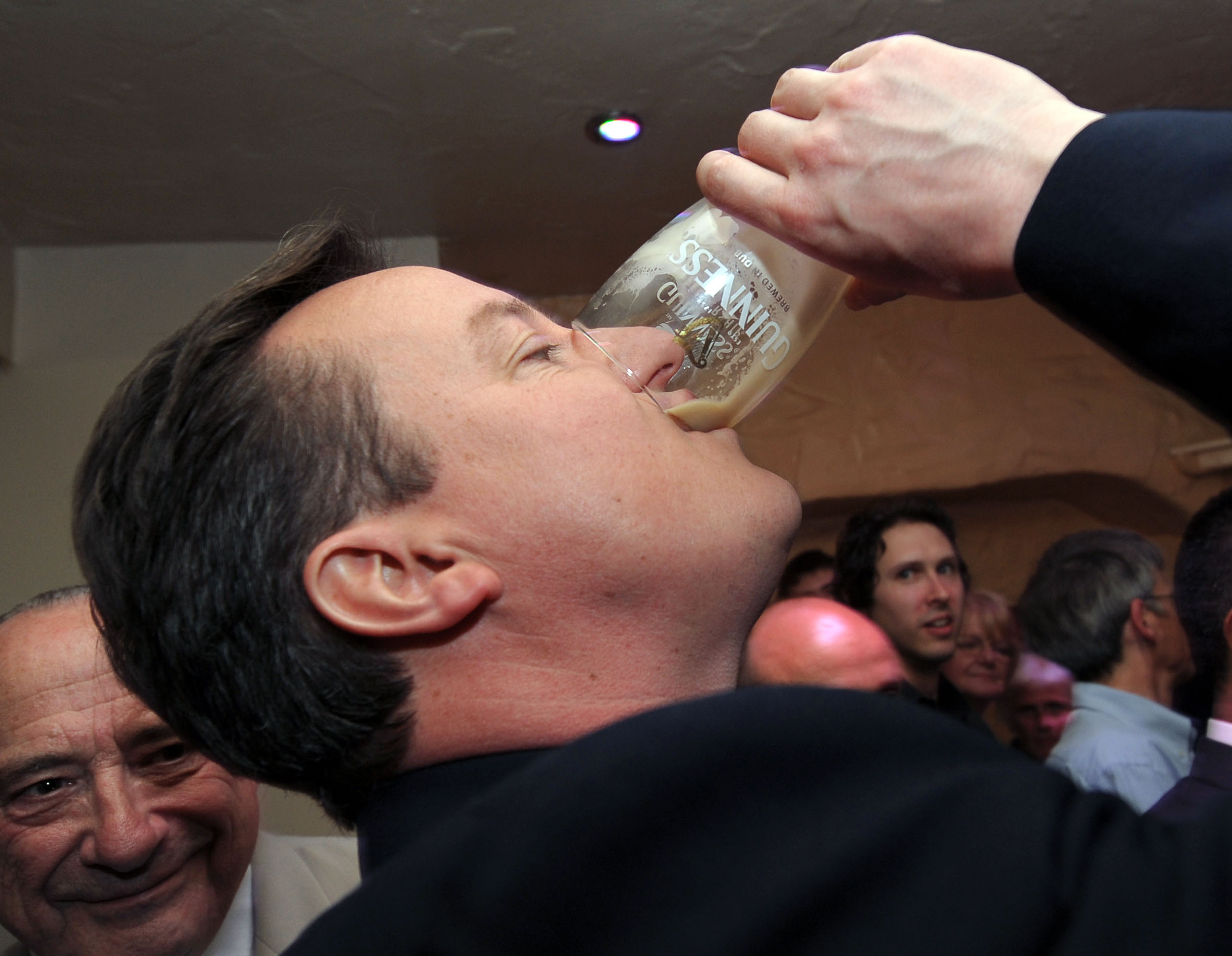 Politicians often get nervous around alcohol – and not just because, in these
straitened times, a glass of champagne can broadcast the wrong image. No, the real concern is the more basic, fiscal one: how should it be taxed and priced? There’s a difficult trade-off involved.
Pushing up the cost of alcohol could halt the staggering advance of binge drinking and all its associated social and medical ills. But, depending on what booze is targeted, it could also hit the
least well-off harder than anyone else. And who’s to say whether the effect on drinking habits would be that substantial anyway? The trickiness of the situation was clearly demonstrated by Labour’s
internal ding-dong over minimum pricing back in January.
Politicians often get nervous around alcohol – and not just because, in these
straitened times, a glass of champagne can broadcast the wrong image. No, the real concern is the more basic, fiscal one: how should it be taxed and priced? There’s a difficult trade-off involved.
Pushing up the cost of alcohol could halt the staggering advance of binge drinking and all its associated social and medical ills. But, depending on what booze is targeted, it could also hit the
least well-off harder than anyone else. And who’s to say whether the effect on drinking habits would be that substantial anyway? The trickiness of the situation was clearly demonstrated by Labour’s
internal ding-dong over minimum pricing back in January.
But now David Cameron seems to have struck upon a solution to the political problems, at least. And, as Paul Goodman notes over at ConservativeHome, that solution is localism. Speaking to the Manchester Evening News, the PM says that his government would look “very sympathetically” at plans by ten councils in Greater Manchester to introduce minimum pricing per unit of alcohol, adding that, “where there can be be local decisions we are very happy for that to happen.” This suggests that local authorities could develop their own methods for controlling drinking in their areas without there being a matching national scheme in place. The subsequent praise or blame would attach itself to the councils and not the government.
It’s still doubtful whether this could work, though – the Times notes how the European Union put the kybosh on a similar scheme to introduce minimum pricing for cigarettes in Ireland. But the broad, decentralising thrust of Cameron’s thinking is admirable. And it could provide the coalition with a series of test beds should they ever want to move towards a more nationwide policy.







Comments